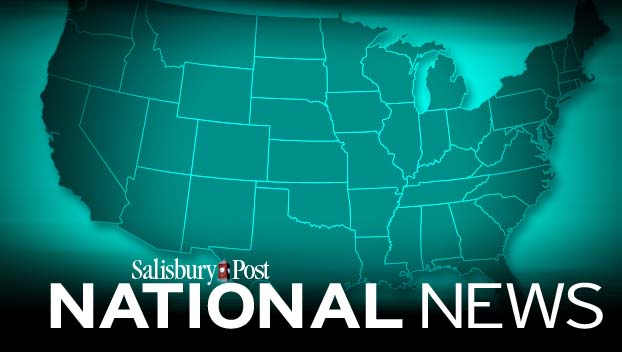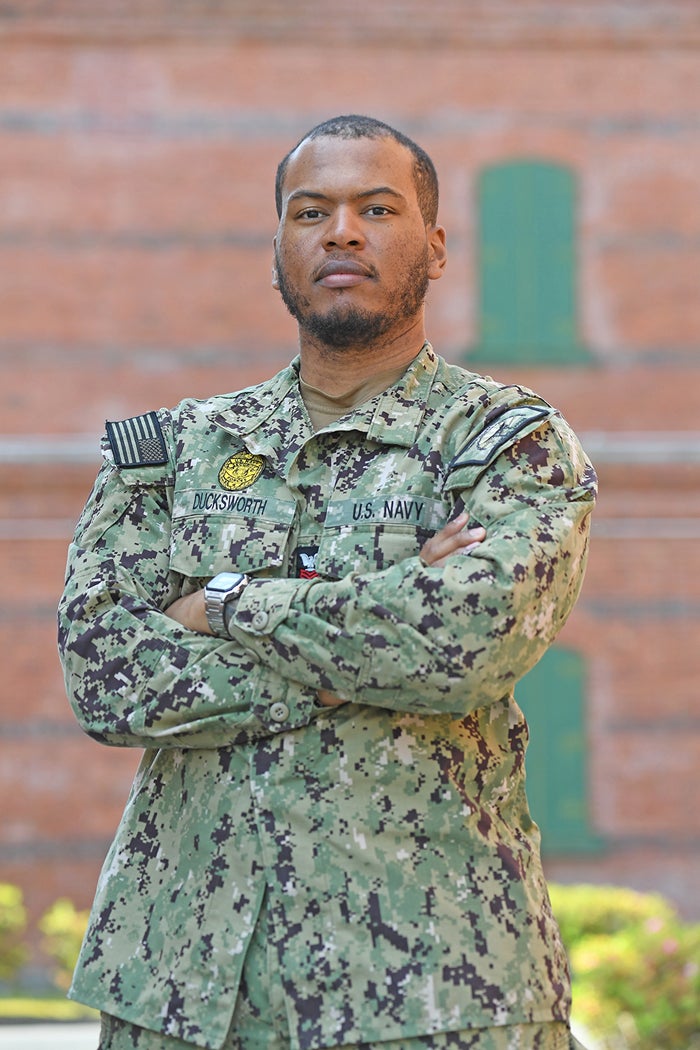US ties with Russia, China sink as Biden toes tough lines
Published 11:22 pm Saturday, March 20, 2021
By Matthew Lee
AP Diplomatic Writer
WASHINGTON — U.S. relations with its two biggest geo-political rivals are facing severe tests as President Joe Biden tries to assert America’s place in the world and distinguish himself from his predecessor.
Airing myriad complaints, the Biden administration took an extraordinarily tough line with China and Russia this past week. Public spats between the countries erupted as Biden characterized Russian President Vladimir Putin as a “killer” and his top national security aides excoriated China for a litany of issues.
Moscow and Beijing both fired back, setting the stage for months, if not more, of escalating tensions that are unlikely to be resolved without intense discussions at the leadership level and major concessions from all sides.
Biden himself kicked off the latest round of recrimination in a television interview in which he sought to draw clear differences between his Russia policies and those of former President Donald Trump. who was accused of being soft on Putin. Just 24 hours later, Biden’s top diplomat and national security adviser blasted Chinese officials in face-to-face talks.
Although Biden’s strong comments about Putin reflected a shift from Trump’s often conciliatory approach to the Kremlin, the harsh criticism directed at China by Secretary of State Antony Blinken and national security adviser Jake Sullivan in many ways mirrored the previous administration’s hard line toward Beijing.
The contrasting styles suggested that Biden is intent on reversing years of perceived U.S. weakness toward Russia while rejecting Trump’s 2020 campaign allegations that he’s not tough enough on China.
In taking a strong line on Russia, Biden has said the days of the U.S. “rolling over” to Putin are done. And, in the interview with ABC broadcast on Wednesday, Biden replied “I do” when asked if he thought Putin was a “killer.” Russia responded by recalling its ambassador in Washington for consultations.
Putin then shot back by pointing to the U.S. history of slavery, the slaughter of Native Americans and the atomic bombing of Japan in World War II in an “it-takes-one-to-know-one” response.
As that was unfolding, on Thursday in Alaska, China’s top two diplomats reacted in similar fashion to criticism from Blinken and Sullivan about Beijing’s human rights record in the western Xinjiang region and Tibet and its aggressive actions in Hong Kong, Taiwan and the South China Sea.
Communist Party foreign policy chief Yang Jiechi and Foreign Minister Wang Yi accused the U.S. of hypocrisy for condemning China while at the same time grappling with its own internal issues, including violence against Asian Americans and other people of color and political unrest following the 2020 presidential election.
Blinken and Sullivan took umbrage at those comments and replied that the U.S. was not perfect but sought to openly and honestly address such matters. Sullivan said Americans’ willingness to confront their shortcomings was the “secret sauce” of U.S. success.
And, they sought to reframe U.S.-China relations in the context of the Biden administration’s resolve to correct those issues, strengthen the U.S. economy and improve ties with democratic allies in Asia such as Australia, Japan and South Korea.
Blinken, having just finished a trip to Japan and South Korea with Defense Secretary Lloyd Austin, made clear to the Chinese that the U.S. is aligned with its allies.
“I have to tell you, what I’m hearing is very different from what you described,” he told Wang and Yang. “I’m hearing deep satisfaction that the United States is back, that we’re re-engaged with our allies and partners. I’m also hearing deep concern about some of the actions your government has taken.”
Blinken appears to have impressed his boss. “I’m very proud of the secretary of state,” Biden said after the testy talks in Anchorage.





